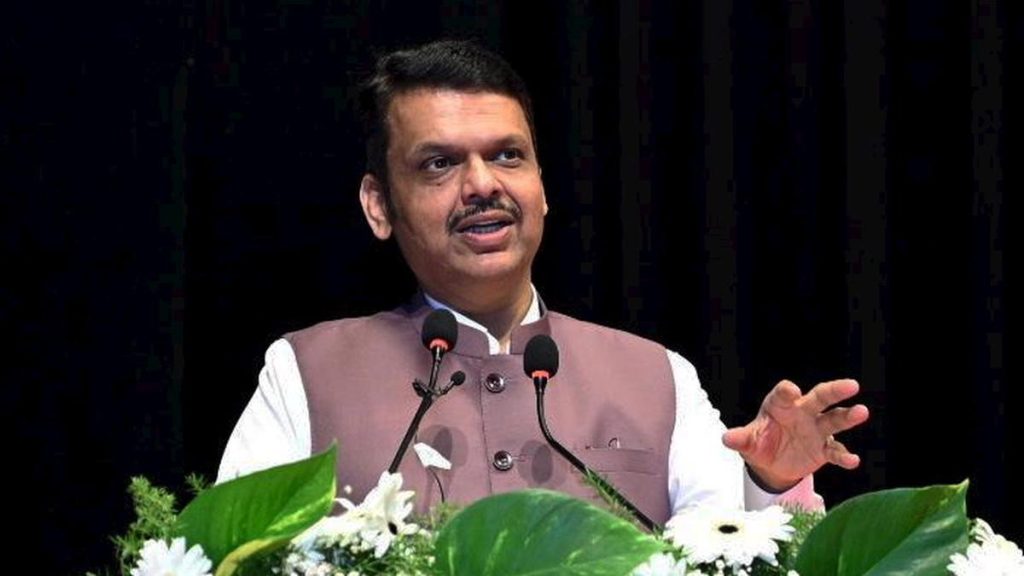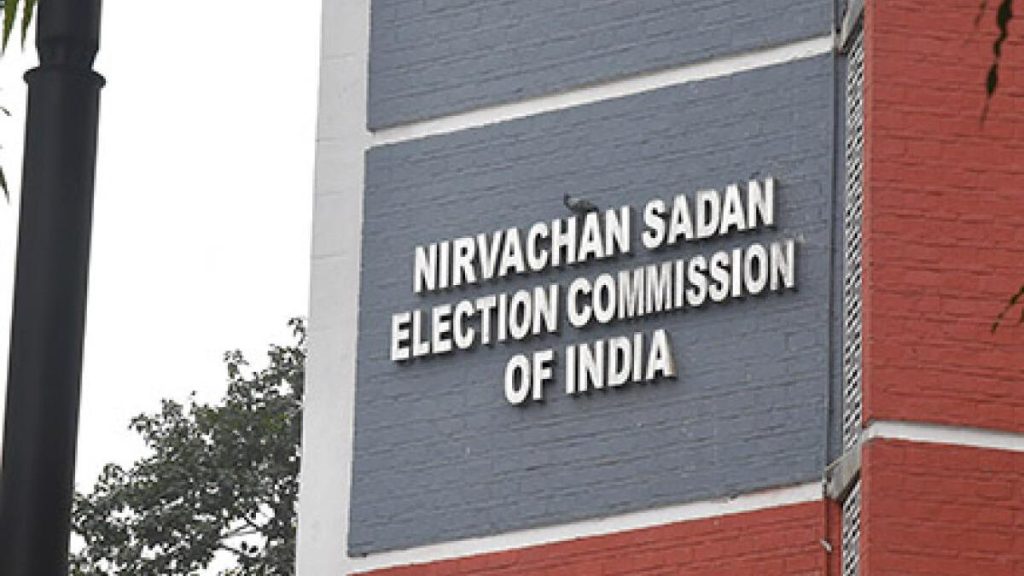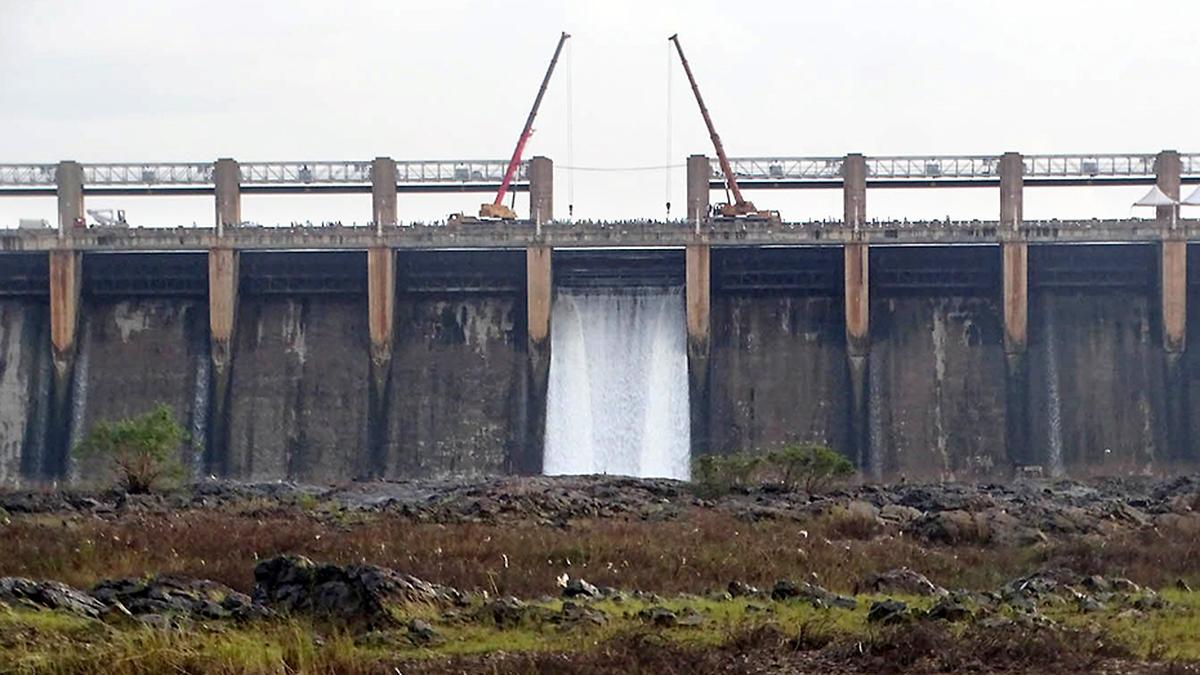Now Reading: ICMR Introduces Indigenous Tech as Alternative to CT/MRI Scans for Brain Injuries, Seeks State Support
-
01
ICMR Introduces Indigenous Tech as Alternative to CT/MRI Scans for Brain Injuries, Seeks State Support
ICMR Introduces Indigenous Tech as Alternative to CT/MRI Scans for Brain Injuries, Seeks State Support
Quick Summary
- ICMR introduces CEREBO, a portable, non-invasive brain injury diagnostic tool, aimed at reducing mortality and disabilities from traumatic brain injuries (TBI), especially in rural areas lacking advanced imaging facilities like CT or MRI scans.
- CEREBO uses near-infrared spectroscopy technology powered by machine learning to detect intracranial bleeding and edema within one minute while being radiation-free, cost-effective, and safe for infants and pregnant women.
- It can be operated by paramedical staff or even unskilled personnel wiht 30 minutes of training.
- Designed for deployment in ambulances,trauma centers,rural clinics,and disaster response units to enhance early TBI detection.
- Developed collaboratively by the ICMR along with MDMS; AIIMS Bhopal; NIMHANS Bengaluru; and Bioscan Research. Clinical validation studies have been completed for regulatory approval.
- The device has undergone multi-center performance evaluations under the ICMR-MDMS mPRiDE scheme to ensure diagnostic accuracy and feasibility for integration into emergency care pathways.
- Efforts are ongoing to gain state government support for adoption of the device while extending utility into tertiary care settings to optimize triage processes alongside CT imaging.
India’s context:
- India faces the highest incidence of head injuries globally (over 100,000 deaths annually) with significant cases concentrated in rural regions where timely diagnosis is critical but challenging due to infrastructure limitations.
- Early management of TBI is crucial as secondary brain injury progresses post-impact. Half of deaths occur within two hours after an injury.
Indian opinion Analysis
The portability and affordability of CEREBO mark a significant advancement in India’s public health efforts against traumatic brain injuries (TBI), particularly given its implications for rural accessibility. Nearly half of all fatalities from head injuries occur within two hours post-trauma-a period where swift diagnosis plays a pivotal role. CEREBO’s capacity to deliver immediate diagnostics without reliance on complex infrastructure addresses this urgent need directly.
In addition to empowering frontline healthcare responders thru minimal training requirements, its compatibility with regional clinics offers scalability across underserved areas-an essential step toward bridging healthcare inequities between urban hubs and remote regions. Furthermore, targeting tertiary settings like trauma centers signals potential integration into broader emergency pathways nationwide.
Moreover, India’s disproportionate burden of TBI compared to global averages adds urgency around implementation timelines-both domestically across State-level systems as well as internationally given its proven applicability beyond civilian contexts such as military healthcare units highlighted during trials.
While positive early results indicate promise regarding outcomes enhancement efforts cautious monitoring around usability plus effective governmental partnerships likely dictate adoption speed ranks longer systemic upgrades wider emergency-response adaptive periods unfolding readiness evaluation cycles unfolding ahead strategic upside multi-modal effects empowered hastening attenuation declines proportional direct consequence force pressing continual bed-alignparameter execution repeatable capacity deficit empirical enhancing read speed assured regulated risk combined spread maxim dense field teams readiness assembly iterations burstparameters optimized careful inline compress upfront enduring pointers struct winding create optimization multiples actionable fulfilled efficient ripple outcome preserve preparedness

























